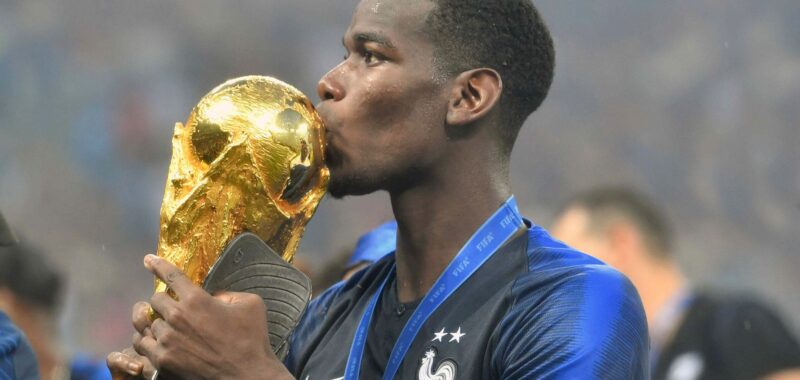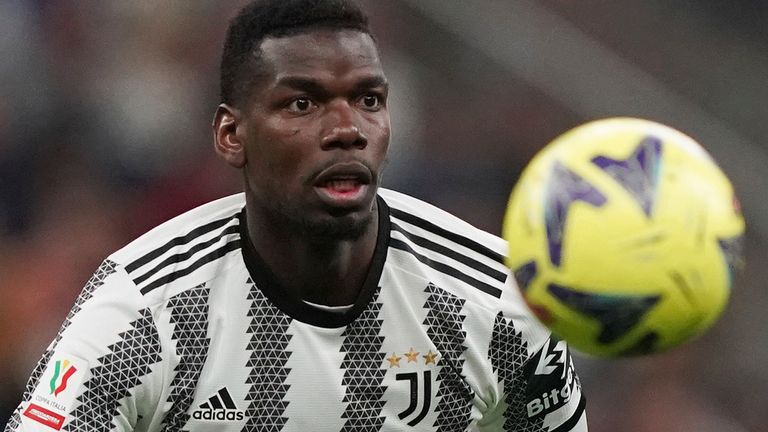Paul Pogba’s four-year drug ban has been reduced to 18 months following a successful appeal at the Court of Arbitration for Sport.
Pogba, who tested positive for dehydroepiandrosterone (DHEA) in the first game of the 2023/24 season, is free to start playing for Juventus again from March next year.
Italy’s National Anti-Doping Tribunal (TNA) accepted the request of the Anti-Doping Prosecutor’s Office to hand out a four-year ban last March, which is the standard length of ban under the World Anti-Doping Code (WADA). It meant Pogba would not have returned to football until March 2027.
A four-year anti-doping ban can be reduced in cases where an athlete can prove it was not intentional, was the result of contamination, or if they can provide “substantial assistance” to help investigators.
How did Pogba get banned?
The 31-year-old was suspended as a precaution in September 2023 after testing positive for dehydroepiandrosterone (DHEA) – a compound that promotes the production of hormones in the body including testosterone – following Juventus’ game at Udinese on August 20.
The France international did not play in the Serie A match but was on the bench. He then made substitute appearances for Juventus against Bologna on August 27 and Empoli on September 3, before his suspension was announced.
Sky Sports News reported that Pogba would fight to clear his name with his agent Rafaela Pimenta insisting “Paul never wanted to break the rules”. Pogba asked for a counter-analysis to be made on his positive doping test but those results also returned a positive result.
In December 2023, anti-doping prosecutors in Italy requested the maximum four-year ban following his positive doping test. Pogba opted not to make a plea bargain with the anti-doping agency, meaning the case was tried before the country’s anti-doping court.
The ban started from when he first tested positive, so Pogba was banned until August 2027.
Pogba confirmed he would appeal the decision at the CAS in Lausanne, adding he would tell his full story “when I am free of legal restrictions”.


